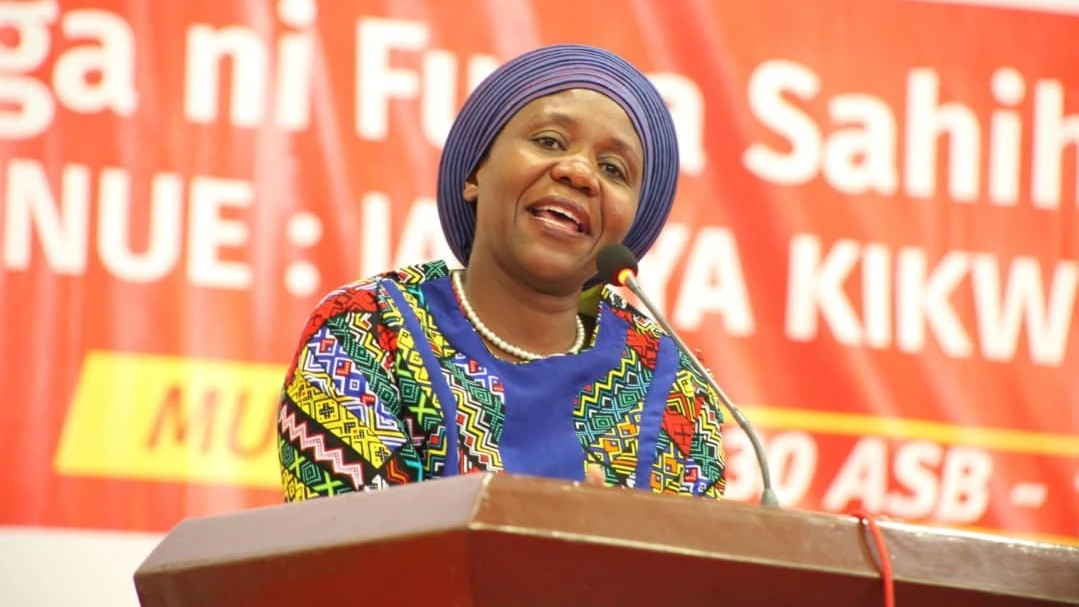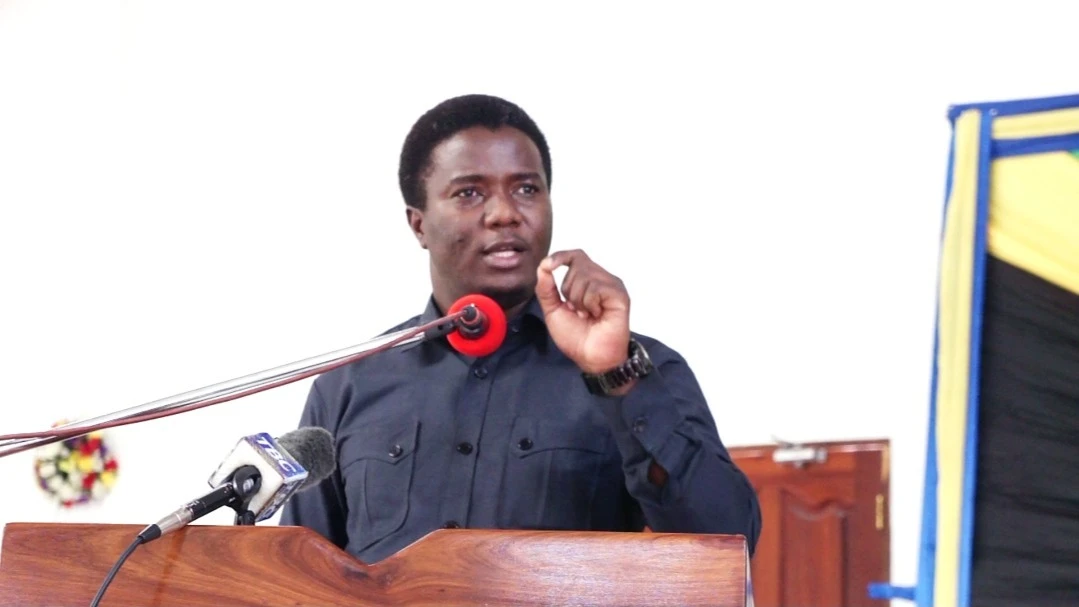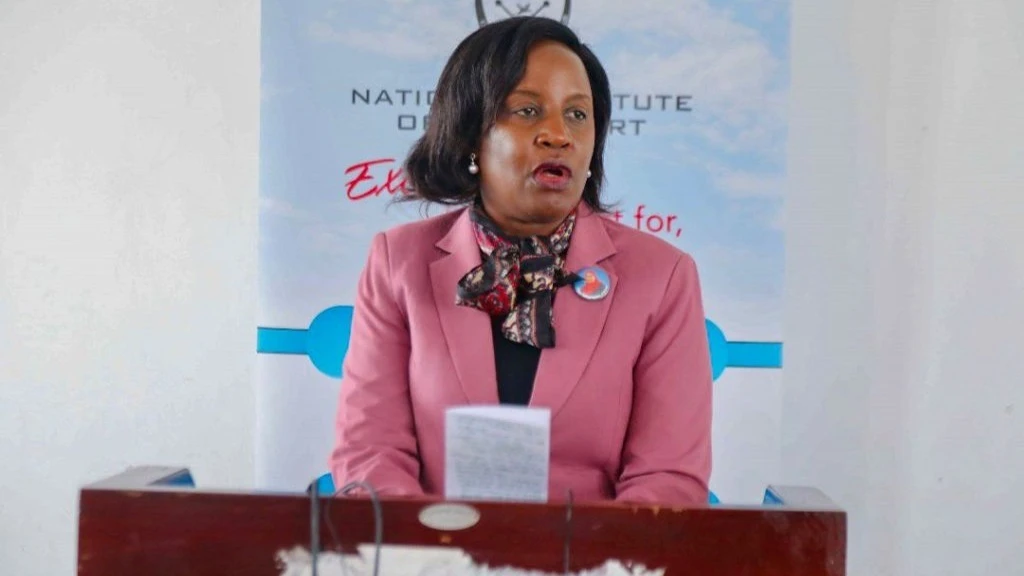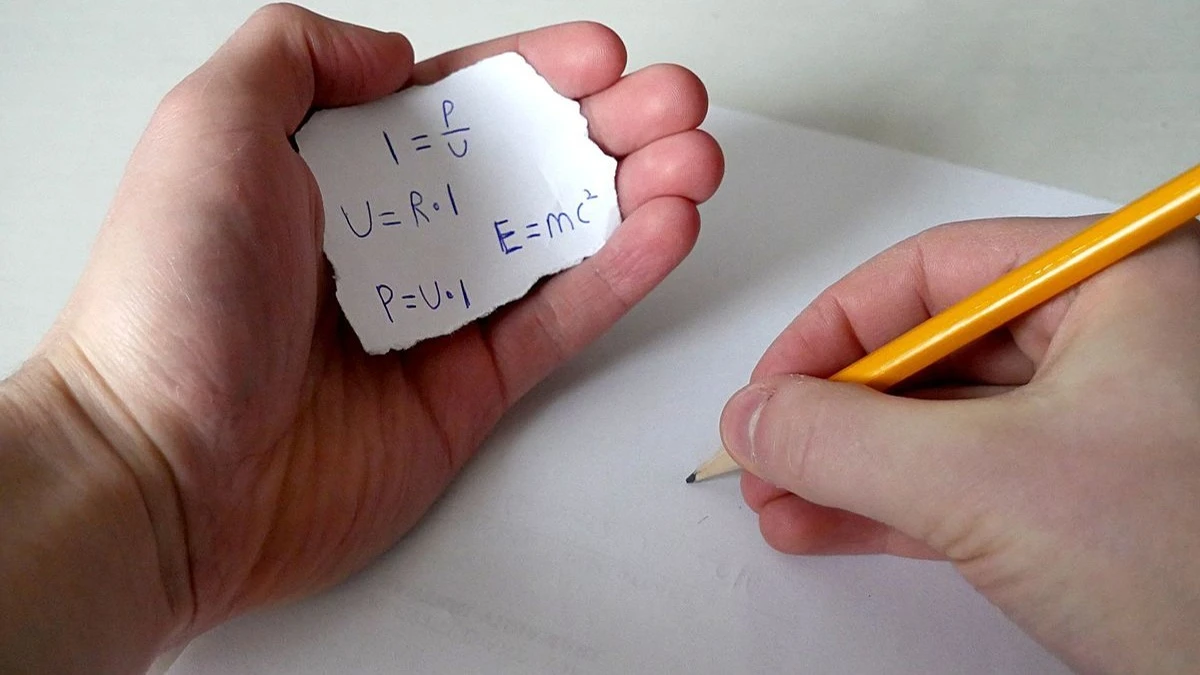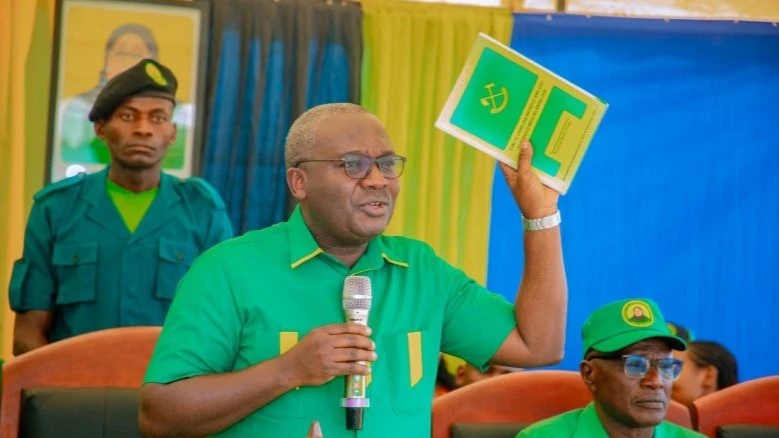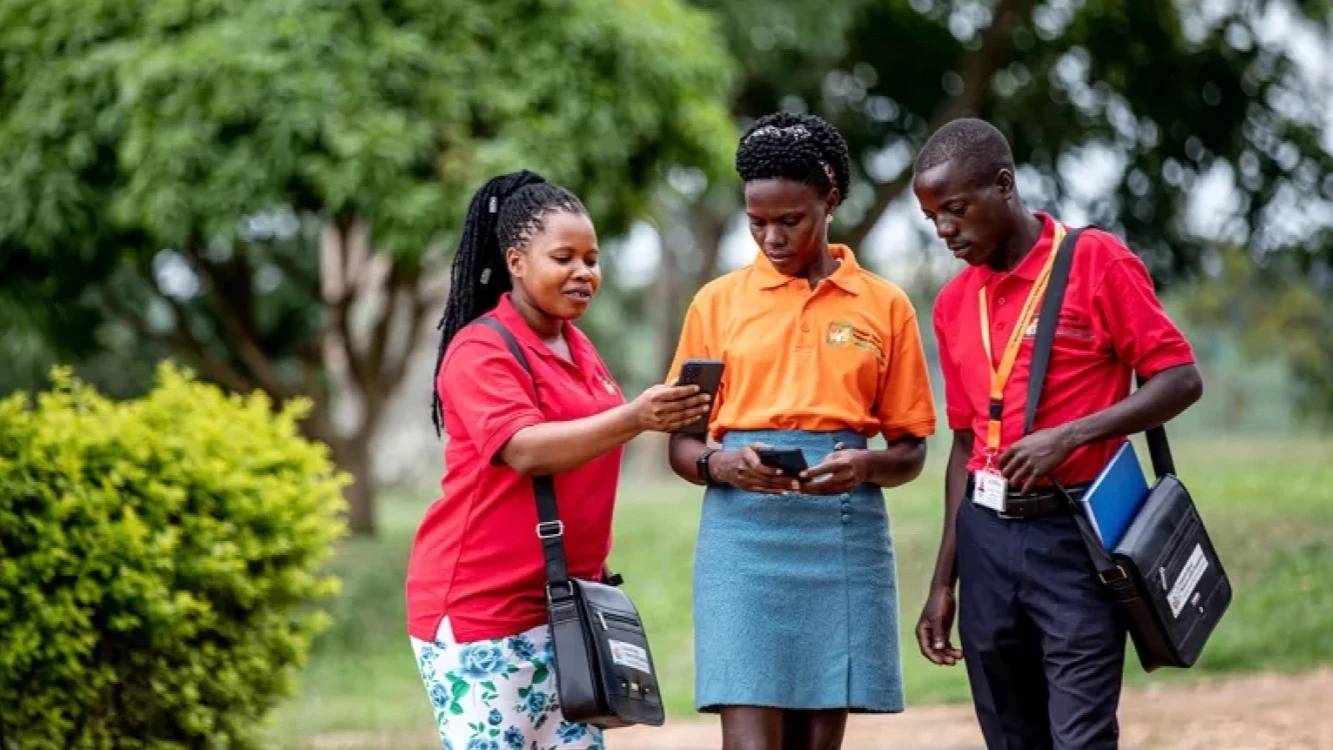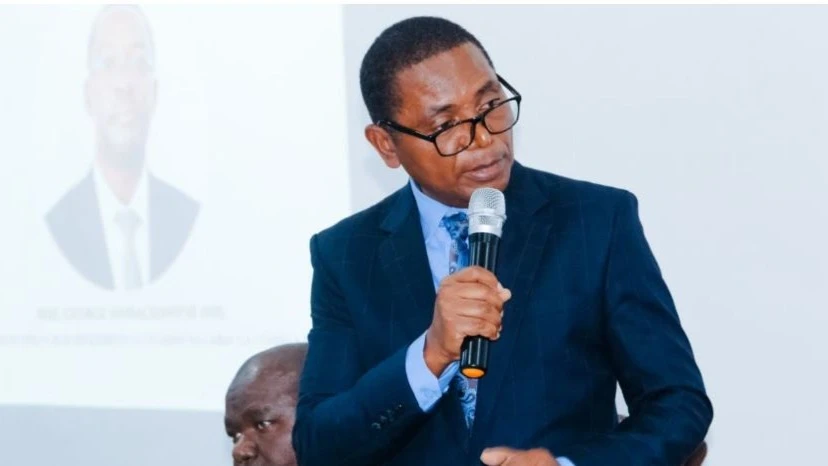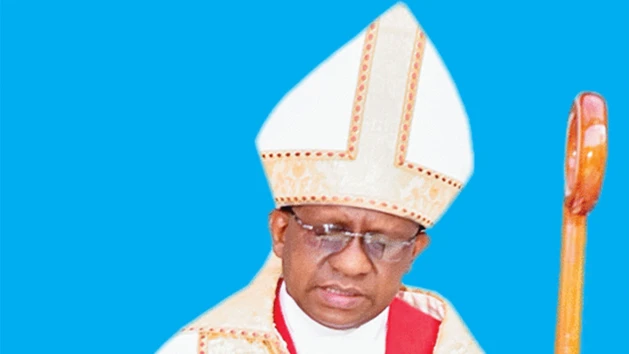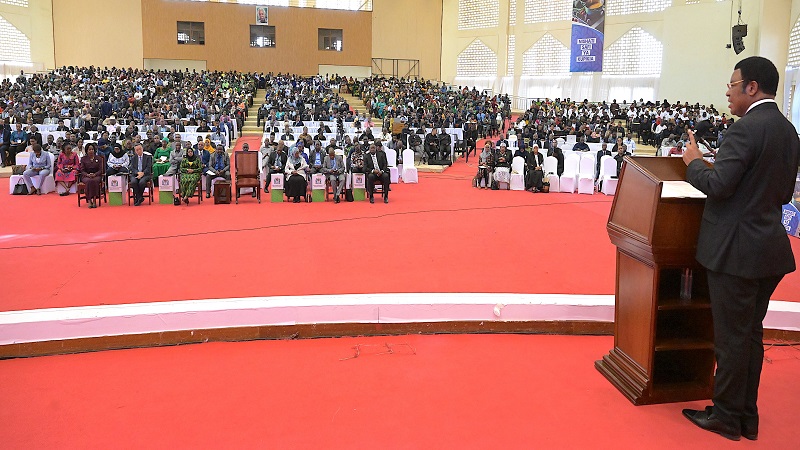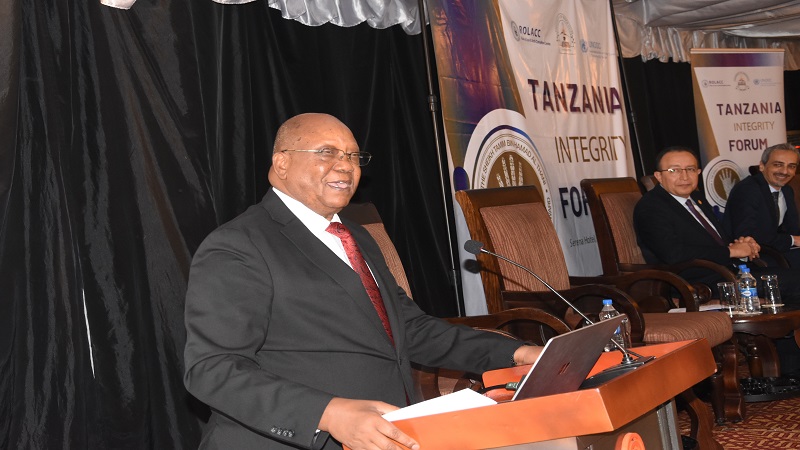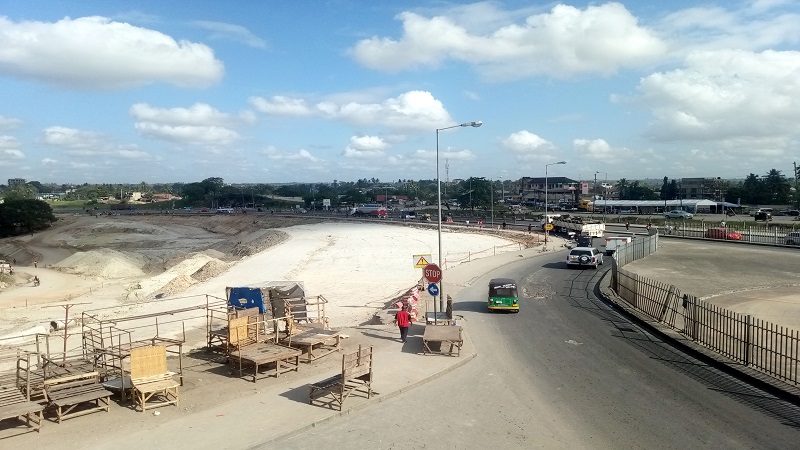YOUTH EMPOWERMENT: Access to sexual reproductive health and rights is key in promoting gender equality
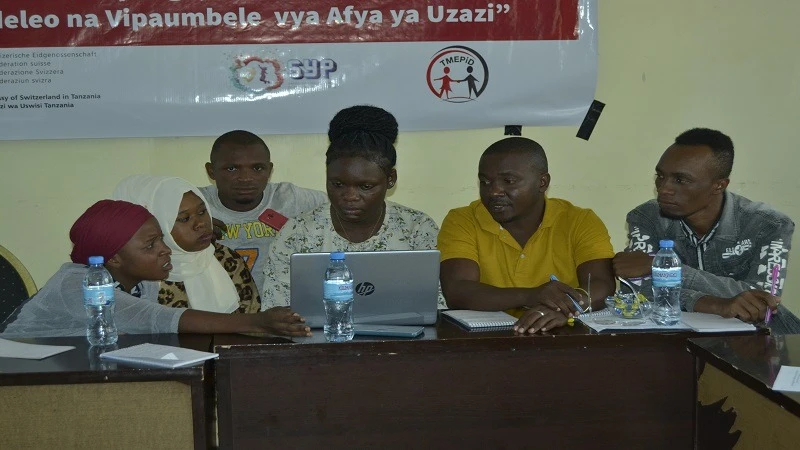
EDUCATION and awareness on Sexual Reproductive Health and Rights (SRHR) is crucial for young people to ensure their health and wellbeing. Empowering youth with such education and access to comprehensive sexual and reproductive health services helps them make informed decisions concerning their bodies, relationships and future.
This includes access to information about sexually transmitted infections (STIs), and guidance on sexual health, which can prevent unintended pregnancies as well as reducing the spread of STIs.
Youth who have access to SRHR are likely to stay in school and pursue higher education, avoiding early pregnancy, for instance, can help young people complete their education and improve their economic prospects, thus breaking the poverty cycle.
Ensuring that both young women and men have equal access to SRHR is a key aspect of promoting gender equality. Investing in SRHR for youth lays the foundation for healthier, more equitable and empowered societies.
In an effort to empower youth with knowledge on SRHR, Tanzania Men as Equal Partners in Development (TMEPiD) launched a special programme to educate young people from various districts across the country.
The primary goal of the training programme is to enable youth to transfer the acquired knowledge to their fellow peers. When young people are well educated, they understand their rights and actively participate in decision-making processes related to reproductive health.
Youth involvement in decision making allows them to voice their needs to health governing committees and ultimately gain access to the services and the support they require.
Sabina Lister, a 25-year-old resident of Kigamboni in Temeke District, Dar es Salaam Region is one of 78 youth who have benefitted with the provided education. Other participants came from Shinyanga, Dodoma, Mara, Simiyu, and Zanzibar—both Pemba and Unguja Islands.
TMEPiD conducted the training under its Safeguard Young People (SYP) programme with funding from the United Nations Population Fund (UNFPA).
Among other things, participants were also educated on how to prevent themselves from being infected with HIV/Aids as well as avoiding early pregnancies. They were equipped with entrepreneurship skills and how they can access loans from banks and financial institutions.
According to Lister, the training has brought significant changes for youth in the District, as they now have the opportunity to participate in health governing committees and present their needs.
With the knowledge and skills gained from TMEPiD, beneficiaries have established an eight people group in Kigamboni District whereas they collaborate with medical officer to raise awareness about SRHR among their fellows. The education is offered at health facilities.
Through the group, youth get chances to discuss health issues, address challenges they encounter in their communities, and advocate for their rights.
She commended TMEPiD and UNFPA for initiating the programme, noting a significant increase in the number of youth visiting health facilities to obtain information on SRHR, access youth-friendly health services, and receive vaccinations.
“TMEPiD should think of expanding the programme to other districts with Dar es Salaam since there are many youth who are unaware of SRHR, something which contributes to higher rates of teenage pregnancy, new HIV/Aids infections and other sexually transmitted diseases,” said Lister.
Cuthbert Maendaenda, TMEPiD Director, told The Guardian that the training has been successfully implemented through SYP programme which is financially supported by UNFPA.
“We have chosen to focus on youth because most of them are unaware of their sexual and reproductive health rights,” said Maendaenda, noting they are pleased with what has been achieved in all the regions. Youth representation in health facilities has now reached 30 percent.
He elaborated that under the programme, youth were trained on how to advocate for their rights, participate in decision-making processes—particularly within health facility governing committees—express their needs, and follow up on development initiatives within their communities.
Before this intervention, it was a challenge for youth to demand for their reproductive health rights, he told The Guardian, adding that in some regions, the number of male participation in reproductive health issues has also increased as men are visiting health facilities with their wives to get education on reproductive health services and family planning—something that was uncommon in the past.
Men are now game changers, they do no longer fear to test for HIV as they are comfortably visiting the Care and Treatment Centres (CTC) for HIV/Aids testing and counselling.
“The situation has now improved with more men going for HIV testing,” he added.
TMEPiD introduced the programme to empower beneficiaries and allow them to share knowledge with their fellows. This has helped in ensuring they push for their health rights and prevent themselves from sexually transmitted diseases and early pregnancies.
He said youth are also capable of challenging harmful gender norms, thus reducing disparities in health outcomes. The education they have acquired helps them in preventing of Gender-Based Violence (GBV).
Education and awareness about SRHR can help prevent gender-based violence by promoting respect for individual rights and boundaries, and by providing resources and support for those who experience violence.
He said they are working closely with the government and UNFPA to ensure it increases its budget for reproductive health issues under the FP2030 commitment.
Under this commitment, UNFPA will provide $2.6 million annually, with the government contributing 1 percent in each financial year to ensure successful implementation of the FP2030 commitments.
Lawrence Mafuru, Executive Secretary of the Planning Commission, emphasized that: “Tanzania acknowledge sexual and reproductive health (SRH) as foundational to enabling people to attain full and healthy lives, while empowering them to contribute toward prosperous, equitable, and sustainable societies”.
Godlove Mwasamila, youth coordinator and trainer at TMEPiD added that the primary goal of the program is to ensure that young people are actively involved in decision-making processes and have increased access to SRHR services.
Under the program, youth are equipped with knowledge on SRHR and smart advocacy, stated Mwasamila noting that they also intend to enhance youth capacity so that they can push their agendas and advocate for their rights.
“As a significant outcome of the training, we succeeded to empower about 10 young people to secure positions in health committees at different health facilities. They also engage in provision of SRHR awareness and education and other health-related activities within their communities,” he said.
Top Headlines
© 2024 IPPMEDIA.COM. ALL RIGHTS RESERVED












